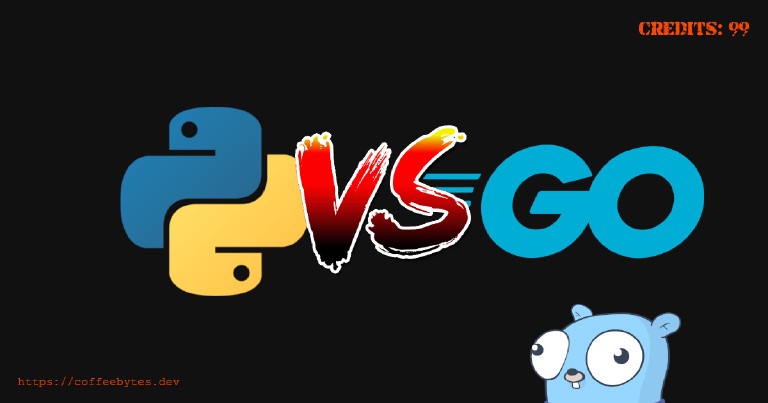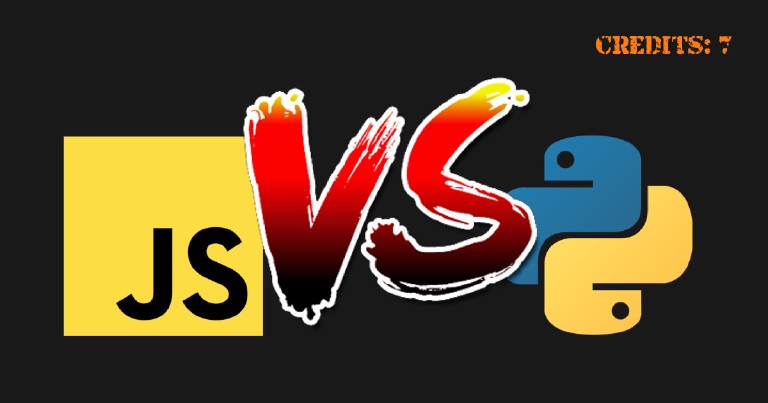Table of contents
How to make a switch in Python?
How to make a switch in Python?
Python 3.10 was announced and it comes with something that many developers were missing from other languages: the switch statement. Yes, that piece of code that evaluates an expression and compares it with multiple cases to decide what to execute. Python did not have it implemented and many developers resorted to certain tricks to imitate it.
I remind you that if you don’t know anything about Python I have a post where I talk about the book “Inmersion en Python” ; one of the best free books to learn Python from scratch.
Switch in Python 3.10
As of Python 3.10, provided the developers do not retract, the switch statement, which we will call by its name, match, from now on, will be written as follows:
match subject:
case <pattern_1>:
<action_1>
case <pattern_2>:
<action_2>
case <pattern_3>:
<action_3>
case _:
<action_wildcard
The case followed by the underscore will function as the default case in case the pattern does not match any other. That is, the equivalent of default in languages like Javascript.
Let’s look at an example:
def genera_monstruo(tipo):
match tipo:
case "Dementor":
return "Genera Dementor"
case "Aswang":
return "Genera Aswang"
case "Kapre":
return "Genera Kapre"
case _:
return "Genera Goblin"
Guard
The new match also includes an extra function called Guard, in which a condition is evaluated after the case. **If the case matches, but the condition is not met, it will jump to the next case block.
match subject:
case <pattern_1> if condition: # Si condition evalua a False se procederá al siguiente case
<action_1>
case <pattern_2>:
<action_2>
case <pattern_3>:
<action_3>
case _:
<action_wildcard
And note that the subject can be a string, an object, a tuple or an instance of a class.
Switch in Python before version 3.10
If you don’t already have Python 3.10 you can mimic the operation of a switch with an endless string of ifs or elifs like this:
valor = "caso_n"
if valor == "caso_1":
pass
if valor == "caso_2":
pass
if valor == "caso_3":
pass
Or by resorting to slightly more sophisticated techniques:
def evalua_caso(caso, *args):
switch = {"caso 1": "procesando caso 1", "caso 2": "procesando caso 2", "caso 3": "procesando caso 3"}
return switch.get(caso, "Procesando caso por defecto")
valor = "caso 1"
evalua_caso(valor)
The values of each key in the dictionary can be replaced by functions to have even more control over the flow of the program.
Other changes included in Python 3.10
Besides the new match, Python 3.10 brings other changes and additions to the language, which are quite a few but I will summarize the ones I consider the most important:
Parentheses in context handlers
You can now use parentheses along multiple lines in context handlers (statements starting with … as).
with (
CtxManager1(),
CtxManager2()
):
...
Clearer error messages on key matching
When you make a mistake closing a brace or parenthesis the interpreter will warn you explicitly that you forgot to close your brace or parenthesis, instead of just flagging a syntax error.
File "example.py", line 1
expected = {9: 1, 18: 2, 19: 2, 27: 3, 28: 3, 29: 3, 36: 4, 37: 4,
^
SyntaxError: '{' was never closed
You can now use the pipe character in typing
The pipe operator “|” is added to the Python typing module so that you can use it interchangeably with Union.
def square(number: int | float) -> int | float: # Antes Union[int, float]
return number ** 2
Distutils is obsolete
The distutils package, used to distribute packages, is marked as deprecated and will be discontinued in Python 3.12.
These are just some of the changes, if you want to check the complete list of changes please visit the official documentation






